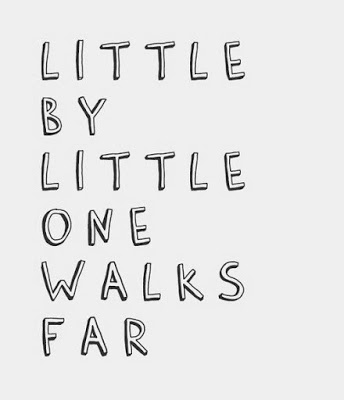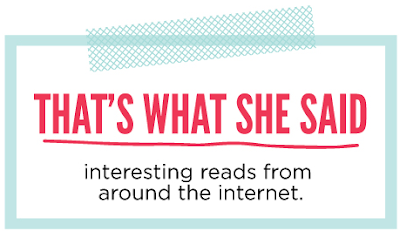Stephen Rodrick returns to his hometown on the outskirts of Flint, Michigan to find one of the greatest toxic water disasters in American history, with irreversible damages…”Hanna-Attisha has been losing sleep for months. When she dreams, she dreams of lead, the facts and figures of her studies spinning around in her brain. She spends her days thinking of a decade from now, when more Flint kids have ADD and more are introduced to the wrong side of the juvenile-court system. “We have to do the best for them we can,” says Hanna-Attisha. “It’s just a nightmare.”
Vicki Abeles, director and producer of documentary Race To Nowhere takes on homework and spotlights the schools around the country that are freeing families from the burden and giving back play and time with family to young students…“We have confused quantity with quality, busywork with challenge, conformity with discipline. We consistently ask our still fragile and growing children to put in second and third shifts, logging more hours in a day than many adults I know. As parents, we give up our authority over the afterschool hours, allowing schools to claim as much of our family time as they desire. Combining their time in school with school-sponsored activities and homework, many children’s work hours today remind me chillingly of the unhealthy way I worked while on Wall Street. Aren’t seven hours of school, plus perhaps a sport or a music lesson, enough for a child?”
 |
| From the The Business Bakery |
Kathryn Schulz argues, “A private investigative project, bound by no rules of procedure, is answerable only to ratings and the ethics of its makers.” The problem with the documentary lies in its dead certainty, the very thing it is outraged about in the case of Steven Avery…“Toward the end of the series, Dean Strang, Steven Avery’s defense lawyer, notes that most of the problems in the criminal-justice system stem from “unwarranted certitude”—what he calls “a tragic lack of humility of everyone who participates.” Ultimately, “Making a Murderer” shares that flaw; it does not challenge our yearning for certainty or do the difficult work of helping to foster humility. Instead, it swaps one absolute for another—and, in doing so, comes to resemble the system it seeks to correct.”
Because who doesn’t want that?… “If you were to break your arm you would not tell people, “I am broken.” But when we feel anger we’re quick to say, “I am angry.” And this causes a lot of unhappiness. Your arm lifts stuff. Just like your brain produces thoughts. That’s what it does. And as you well know, some of those thoughts are ridiculous. That doesn’t mean that’s who you are. This distinction is central to mindfulness.”
THINGS TO DO & THEATRE TO SEE

